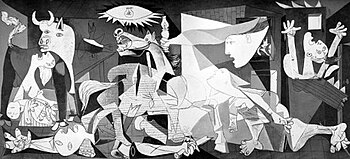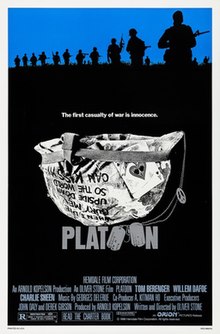The Museum of Modern Art in NYC announced the first 14 video games are added to its permanent collection.
Full press release here. The thread about this is here.
That caused some controversy, for example:
source
Before that, there was this famous piece from Roger Ebert, titled "Video games can never be art" .
....
I would also recommend the TEDx-talk Ebert is referring to.
So any thoughts on this?
Are video games art? They sure are, but they are also design, and a design approach is what we chose for this new foray into this universe. The games are selected as outstanding examples of interaction design—a field that MoMA has already explored and collected extensively, and one of the most important and oft-discussed expressions of contemporary design creativity. Our criteria, therefore, emphasize not only the visual quality and aesthetic experience of each game, but also the many other aspects—from the elegance of the code to the design of the player’s behavior—that pertain to interaction design. In order to develop an even stronger curatorial stance, over the past year and a half we have sought the advice of scholars, digital conservation and legal experts, historians, and critics, all of whom helped us refine not only the criteria and the wish list, but also the issues of acquisition, display, and conservation of digital artifacts that are made even more complex by the games’ interactive nature. This acquisition allows the Museum to study, preserve, and exhibit video games as part of its Architecture and Design collection.
Full press release here. The thread about this is here.
That caused some controversy, for example:
Casting my mind back to the philosophical debate I spied on in Oxford, I remember a pretty good argument for why interactive immersive digital games are NOT art. Walk around the Museum of Modern Art, look at those masterpieces it holds by Picasso and Jackson Pollock, and what you are seeing is a series of personal visions. A work of art is one person's reaction to life. Any definition of art that robs it of this inner response by a human creator is a worthless definition. Art may be made with a paintbrush or selected as a ready-made, but it has to be an act of personal imagination.
The worlds created by electronic games are more like playgrounds where experience is created by the interaction between a player and a programme. The player cannot claim to impose a personal vision of life on the game, while the creator of the game has ceded that responsibility. No one "owns" the game, so there is no artist, and therefore no work of art.
source
Before that, there was this famous piece from Roger Ebert, titled "Video games can never be art" .
But we could play all day with definitions, and find exceptions to every one. For example, I tend to think of art as usually the creation of one artist. Yet a cathedral is the work of many, and is it not art? One could think of it as countless individual works of art unified by a common purpose. Is not a tribal dance an artwork, yet the collaboration of a community? Yes, but it reflects the work of individual choreographers. Everybody didn't start dancing all at once.
One obvious difference between art and games is that you can win a game. It has rules, points, objectives, and an outcome. Santiago might cite a immersive game without points or rules, but I would say then it ceases to be a game and becomes a representation of a story, a novel, a play, dance, a film. Those are things you cannot win; you can only experience them.
....
Why are gamers so intensely concerned, anyway, that games be defined as art? Bobby Fischer, Michael Jordan and Dick Butkus never said they thought their games were an art form. Nor did Shi Hua Chen, winner of the $500,000 World Series of Mah Jong in 2009. Why aren't gamers content to play their games and simply enjoy themselves? They have my blessing, not that they care.
Do they require validation? In defending their gaming against parents, spouses, children, partners, co-workers or other critics, do they want to be able to look up from the screen and explain, "I'm studying a great form of art?" Then let them say it, if it makes them happy.
I would also recommend the TEDx-talk Ebert is referring to.
Are Video Games Art? Game innovator Kellee Santiago insists that games are more than entertainment.
So any thoughts on this?








